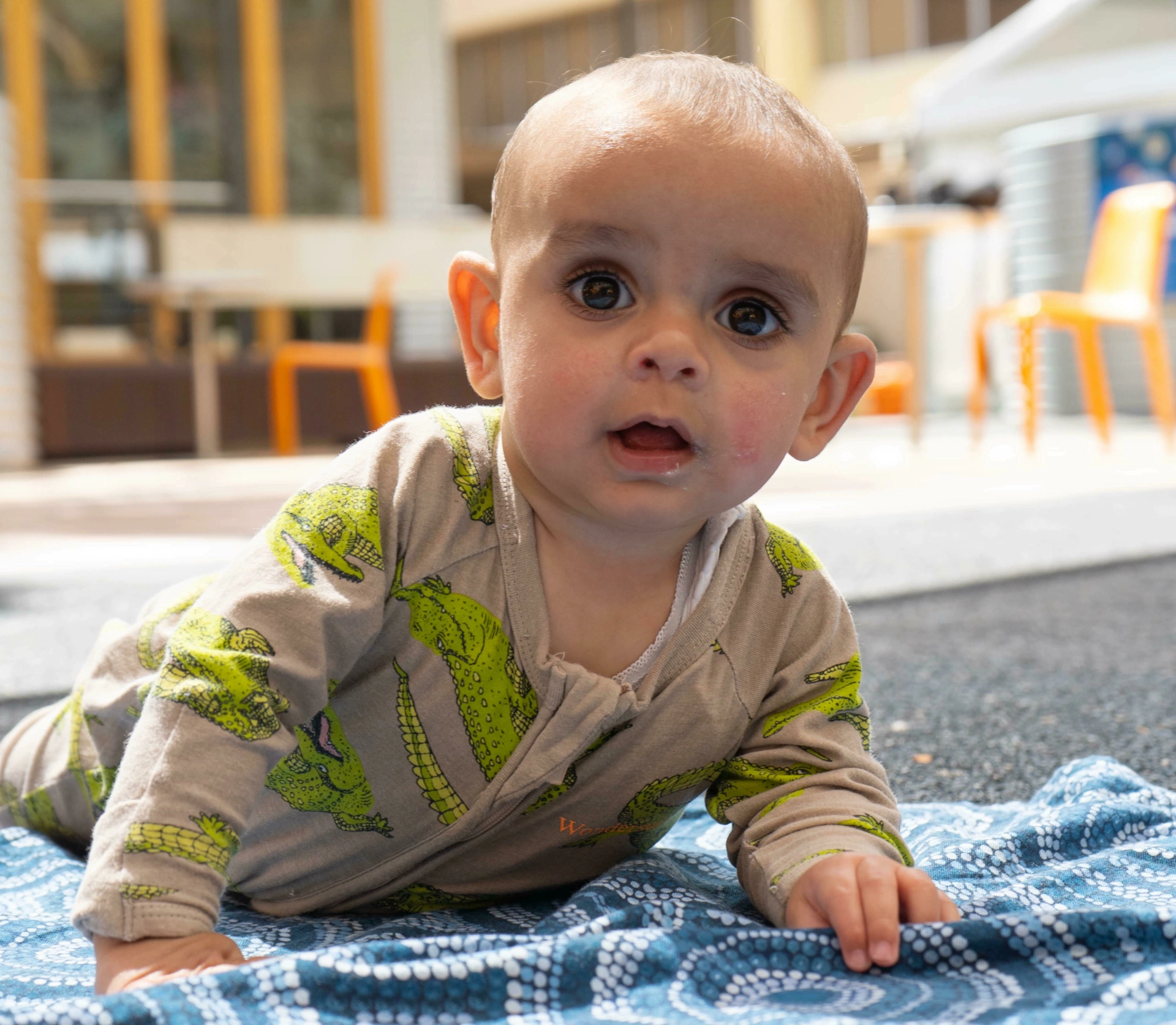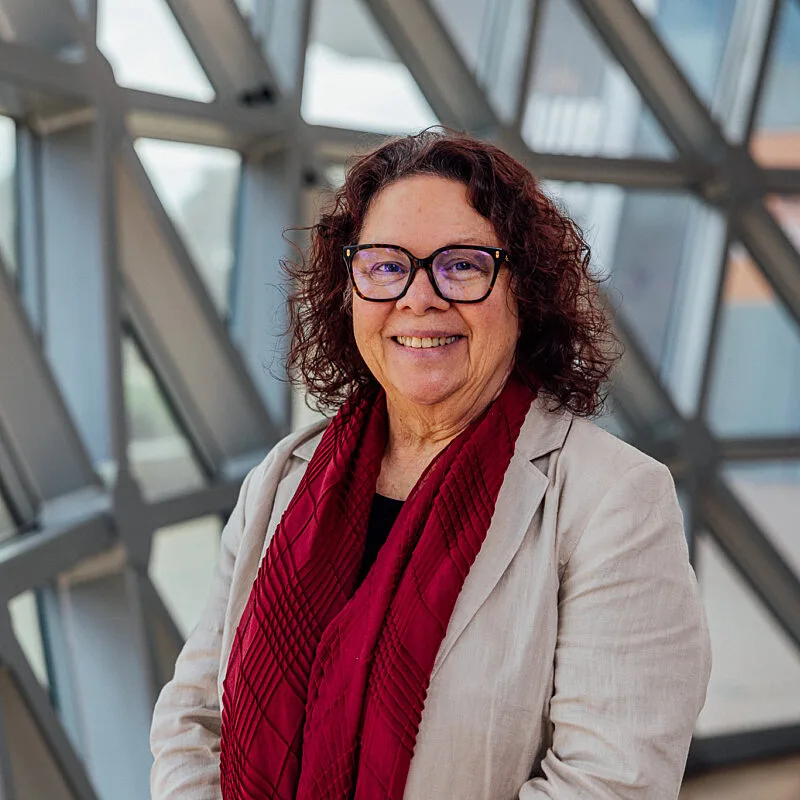Obesity rates are increasing among Australian children, including Aboriginal and Torres Strait Islander children.
Early life feeding practices are considered critical determinants of childhood obesity which persists and magnifies as the child ages.
Additionally, childhood anaemia is common in children under 5 years.
In 2016, a Far North Queensland, Australia, survey reported 60% of Aboriginal and Torres Strait Islander children (6-24 months) had anaemia. There is little data on infant and toddler feeding practices and the prevalence of anaemia and obesity in South Australian Aboriginal children.
The aim of this study is to determine in Aboriginal infants and toddlers living in remote, rural, and urban South Australia: the rates of overweight and obesity; prevalence of anaemia; breastfeeding rates and duration; current feeding practices and diet history; and food security.
This is a cross-sectional survey of infant and toddlers (0-24 months) feeding practices amongst Aboriginal parents/caregivers (n = 100) living in urban, rural or remote areas of South Australia. A validated national dietary survey of children under 2 years has been adapted in consultation with local Aboriginal stakeholders and researchers. In conjunction with survey completion, infant and toddler weight, height and haemoglobin measurements are collected.
The findings of this study will serve to inform the evidence base to develop targeted nutritional strategies for Aboriginal health service providers to prevent obesity and anaemia in Aboriginal children. To date, there has been no detailed insight of current feeding practices, for South Australian Aboriginal children, and findings of this study address this gap in knowledge.


